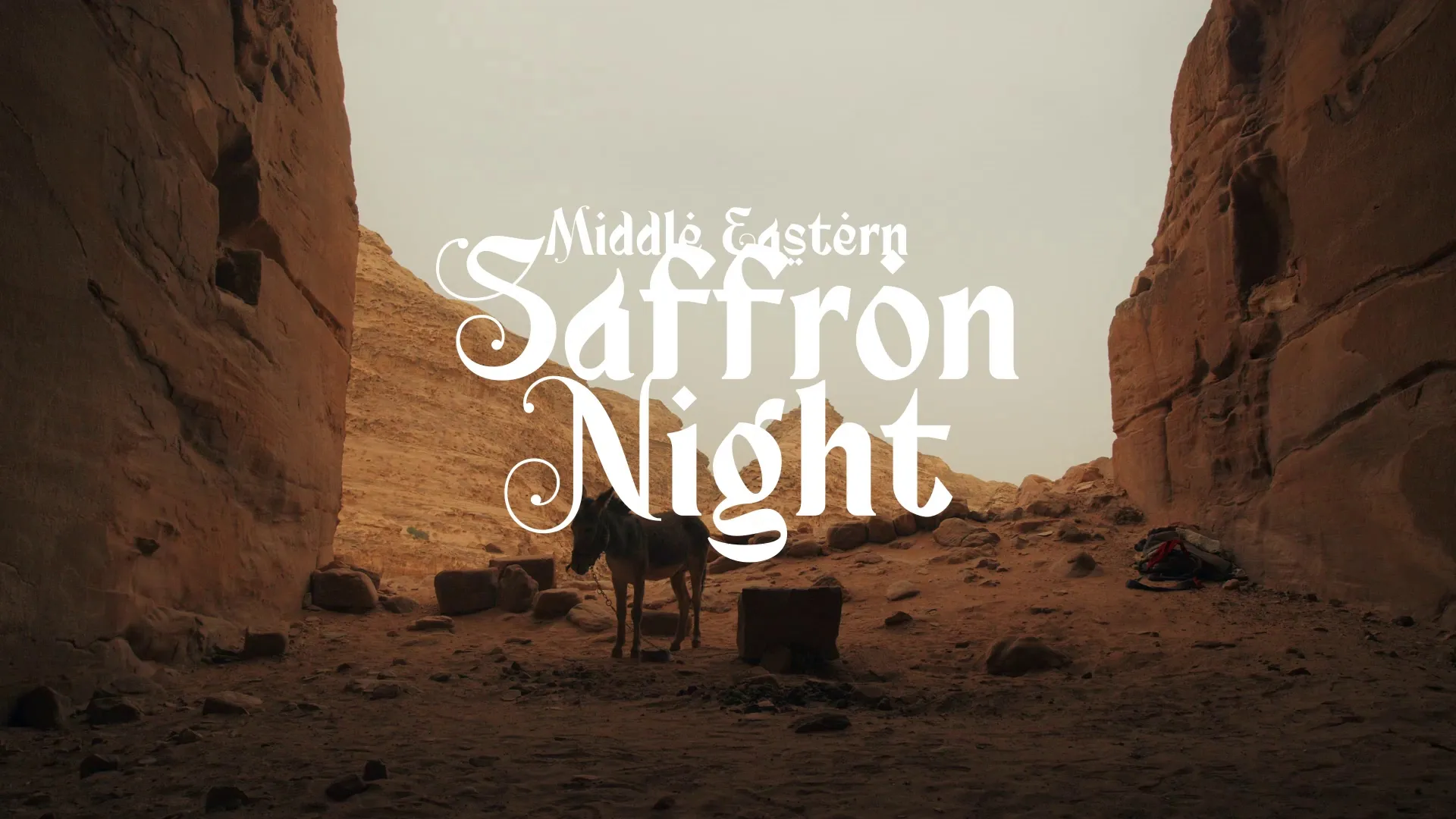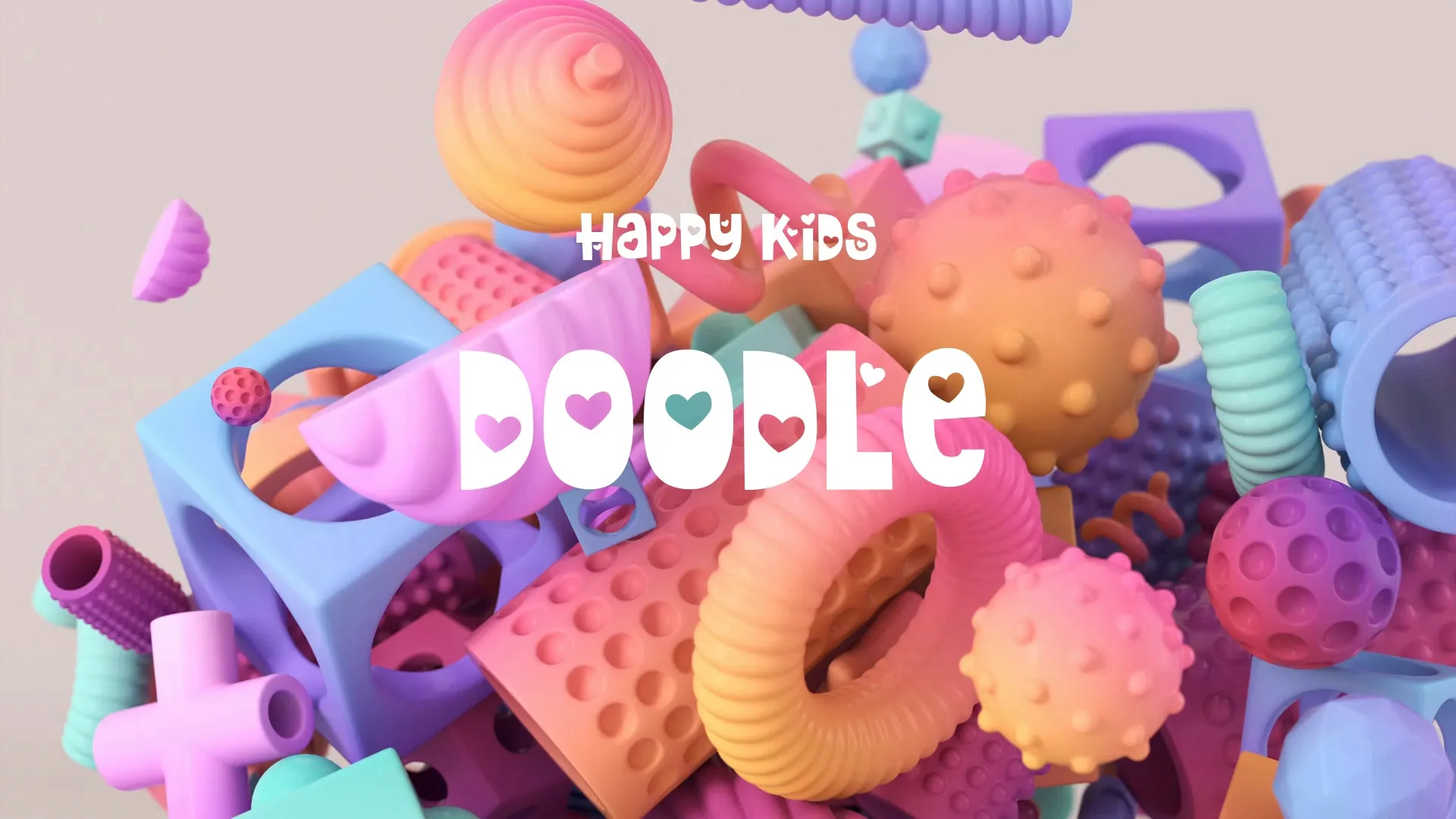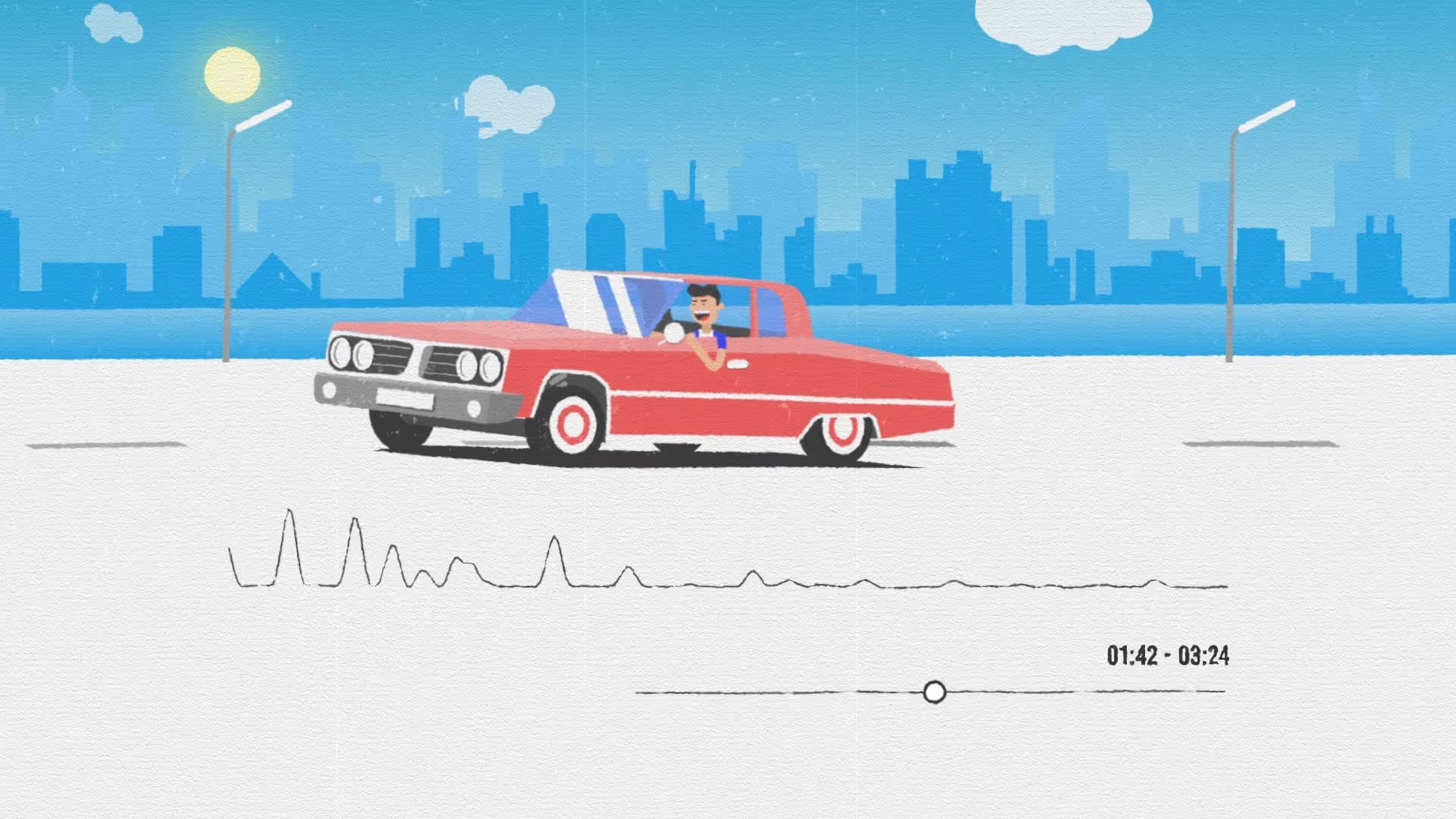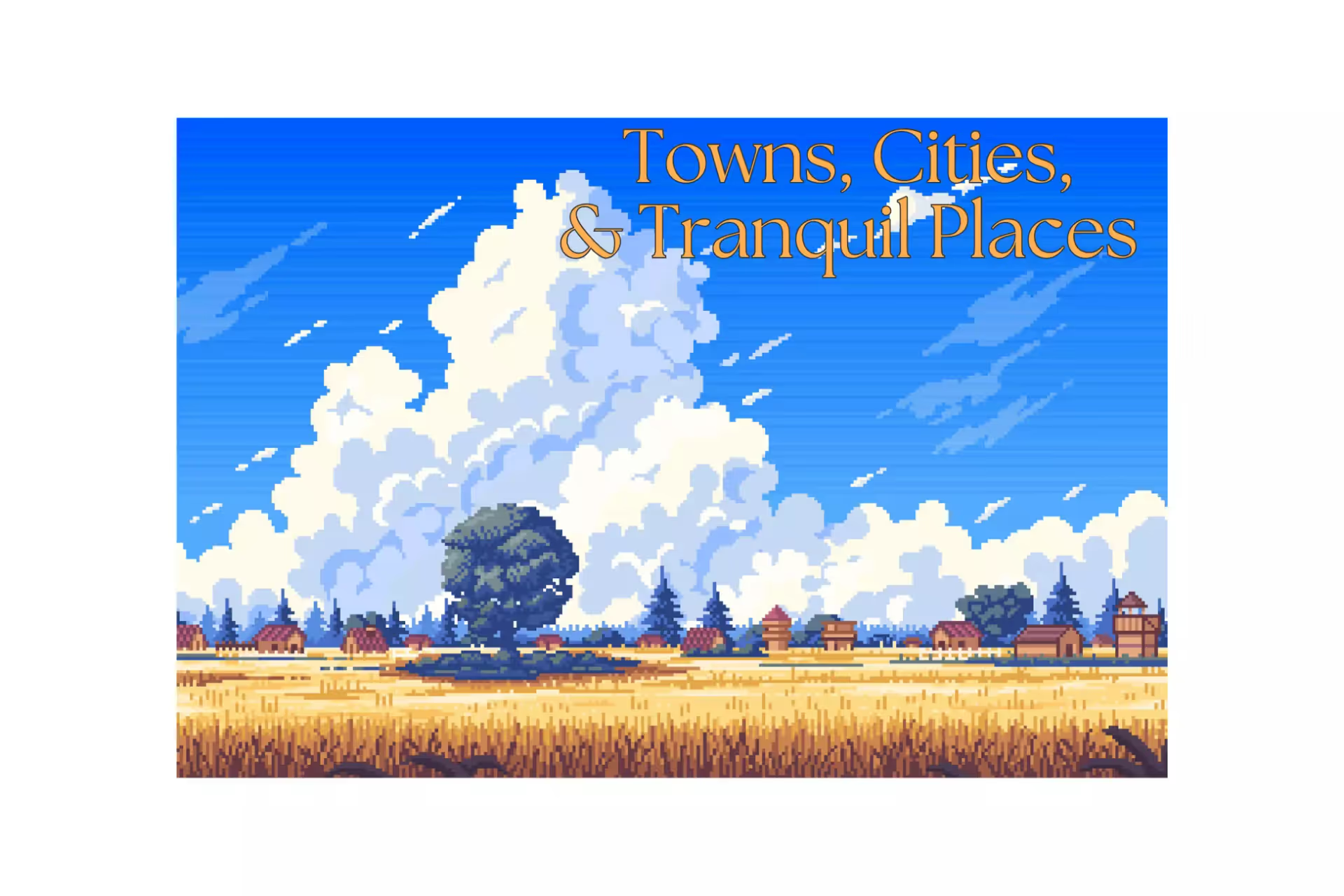Creative Game Ideas Generator: Unlock New Game Genre Concepts
Creative Game Ideas Generator: Unlock New Game Genre Concepts
Starting a new game project often begins with a blank page and the daunting task of generating a compelling idea. Many developers face creative blocks, struggling to find concepts that are both innovative and feasible. This guide offers practical strategies and tools to overcome these hurdles, helping you discover exciting new game genre ideas.
Moving Beyond the Obvious: Brainstorming Unique Concepts
Generating truly unique game ideas requires moving beyond your immediate comfort zone and established genres. Resist the urge to simply replicate existing successes; instead, seek out unexplored territory.
Begin by listing core mechanics you enjoy, then consider how they might interact with unexpected themes or settings. For example, combine a turn-based combat system with a dating sim narrative, or a crafting mechanic within a deep-sea exploration game. The goal is to create novel combinations that spark curiosity.
Another effective technique is to deconstruct existing games. Analyze what makes a game successful, then identify specific elements that could be isolated and re-imagined in a different context. This method allows you to learn from established designs without directly copying them.
Consider real-world problems or niche hobbies and imagine how they could be gamified. A game about urban planning could become a city-builder with a focus on sustainable infrastructure, or a cooking simulator could integrate complex chemical reactions.
Leveraging a Creative Game Ideas Generator
Sometimes, a little external prompt is all you need to kickstart your imagination. Creative game ideas generators are invaluable tools for breaking through mental barriers. They provide unexpected combinations of genres, settings, and mechanics that you might not have considered on your own.
For instance, Wayline’s Ignite tool can generate endless game ideas, offering unique starting points for indie developers and designers. These generators act as creative partners, offering diverse perspectives and sparking new lines of thought.
When using such a generator, don’t just take the first idea that appears. Experiment with multiple generations and look for elements that resonate with you, even if the complete concept isn’t immediately perfect. Often, a single word or phrase from a generated idea can be the catalyst for a much larger concept.
Remember, these tools are meant to inspire, not to dictate your entire game design. Use them as a springboard for further brainstorming and development.
Refining Your New Game Genre Ideas
Once you have a few promising concepts, the next step is to refine them into a cohesive vision. This involves a critical assessment of viability, originality, and player appeal.
Start by outlining the core loop of each idea: what will players do repeatedly, and why will they find it engaging? A strong core loop is fundamental to player retention and enjoyment. If you are a beginner, focusing on a clear core loop is a great starting point, as detailed in any good beginner game design guide.
Consider the unique selling proposition (USP) of your concept. What makes it stand out from other games in its potential genre? This differentiation is crucial for market visibility and attracting players.
Don’t be afraid to iterate and pivot. Your initial idea is rarely the final one. Be open to combining elements from different concepts or even discarding ideas that don’t hold up under scrutiny. Early iteration saves significant development time later.
Create a free account, or log in.
Gain access to free articles, game development tools, and game assets.























